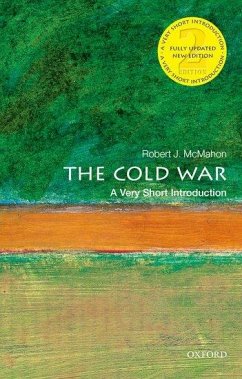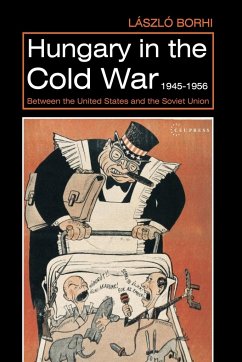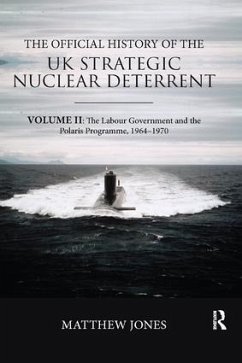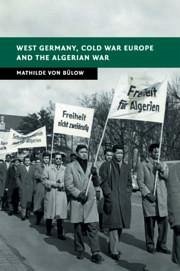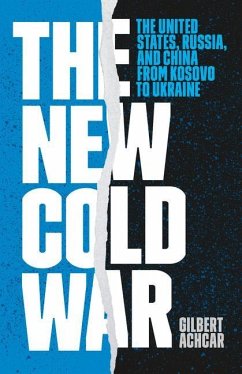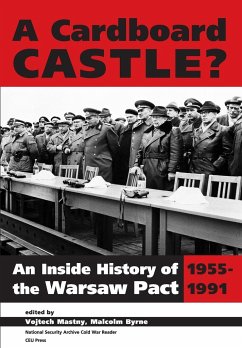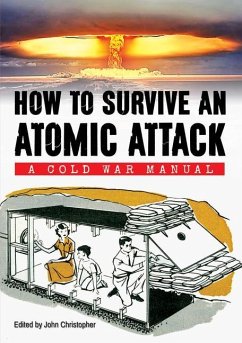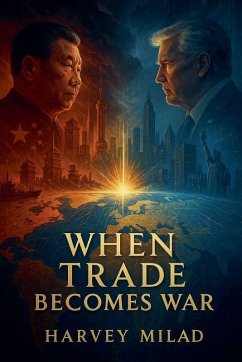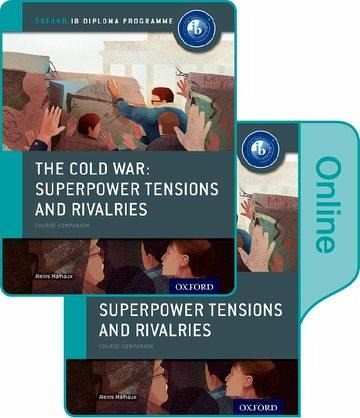
The Cold War - Superpower Tensions and Rivalries: IB History Print and Online Pack: Oxford IB Diploma Programme
Versandkostenfrei!
Versandfertig in 2-4 Wochen
84,99 €
inkl. MwSt.

PAYBACK Punkte
42 °P sammeln!
Drive critical, engaged learning and advanced skills development. Enabling comprehensive, rounded understanding, the student-centred approach actively develops the sophisticated skills key to performance in Paper 2. Developed directly with the IB for the 2015 syllabus, this Course Book fully supports the new comparative approach to learning.



